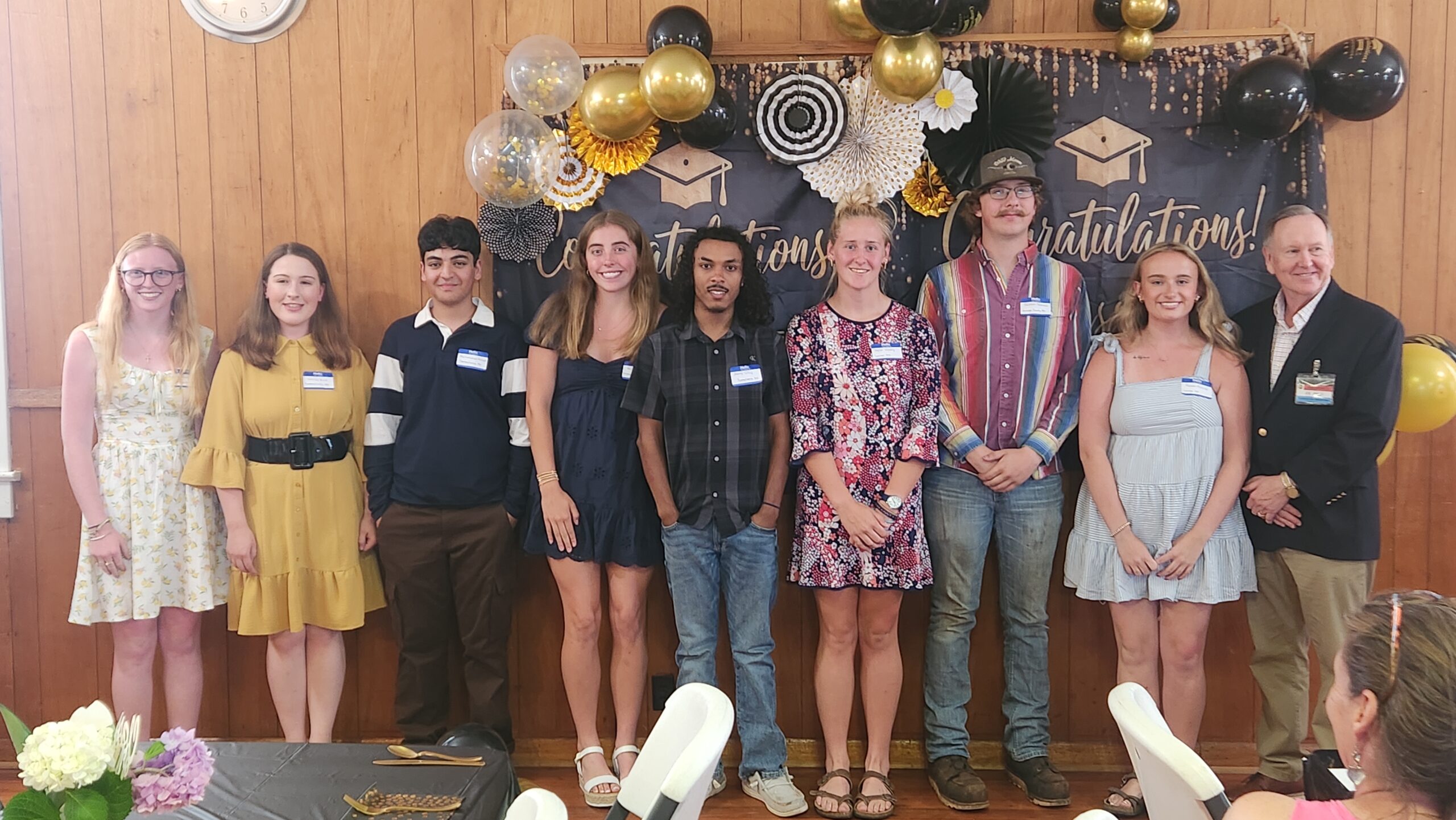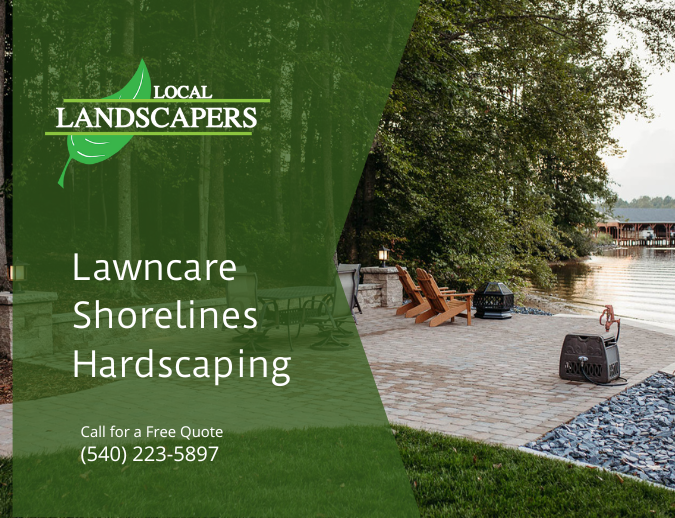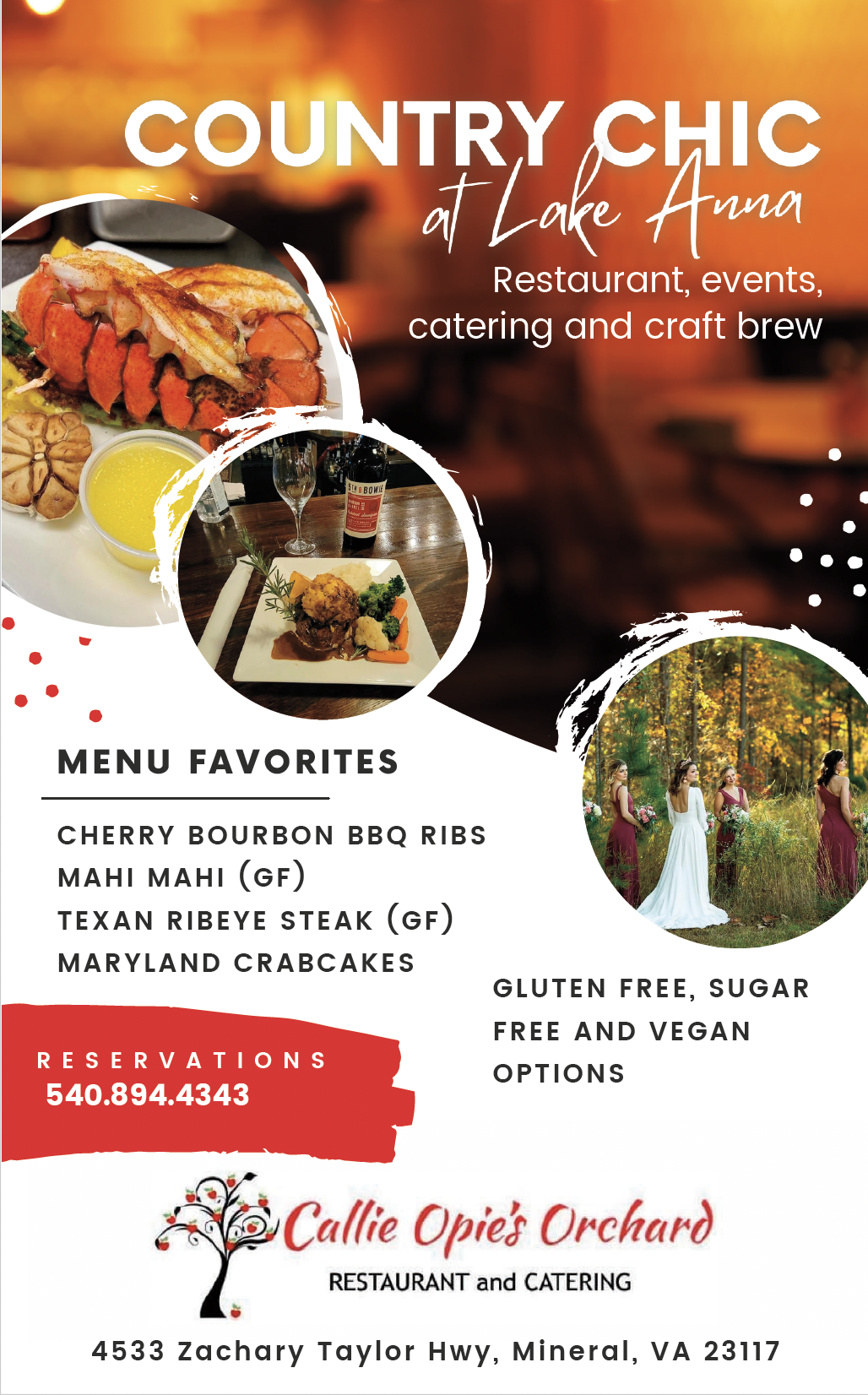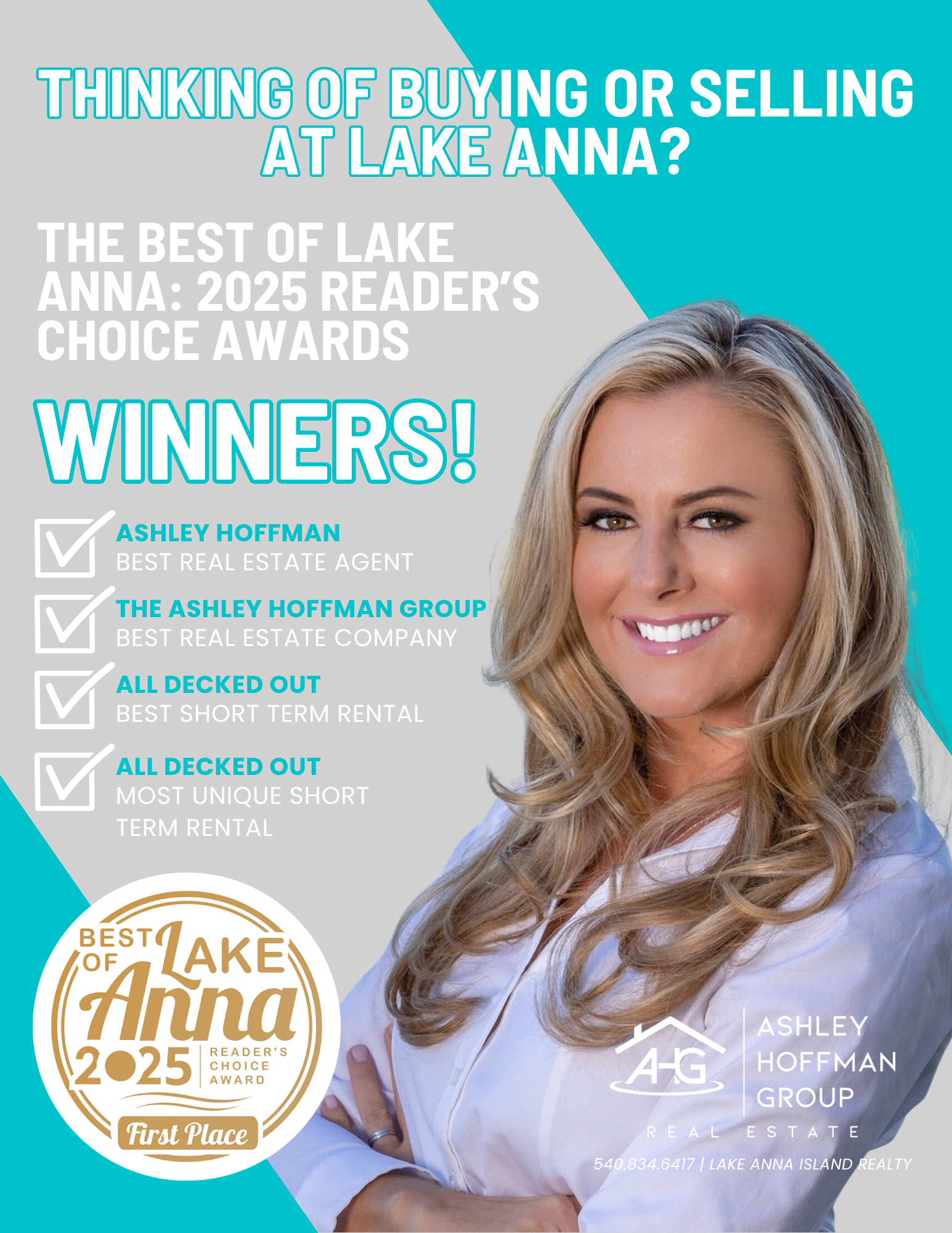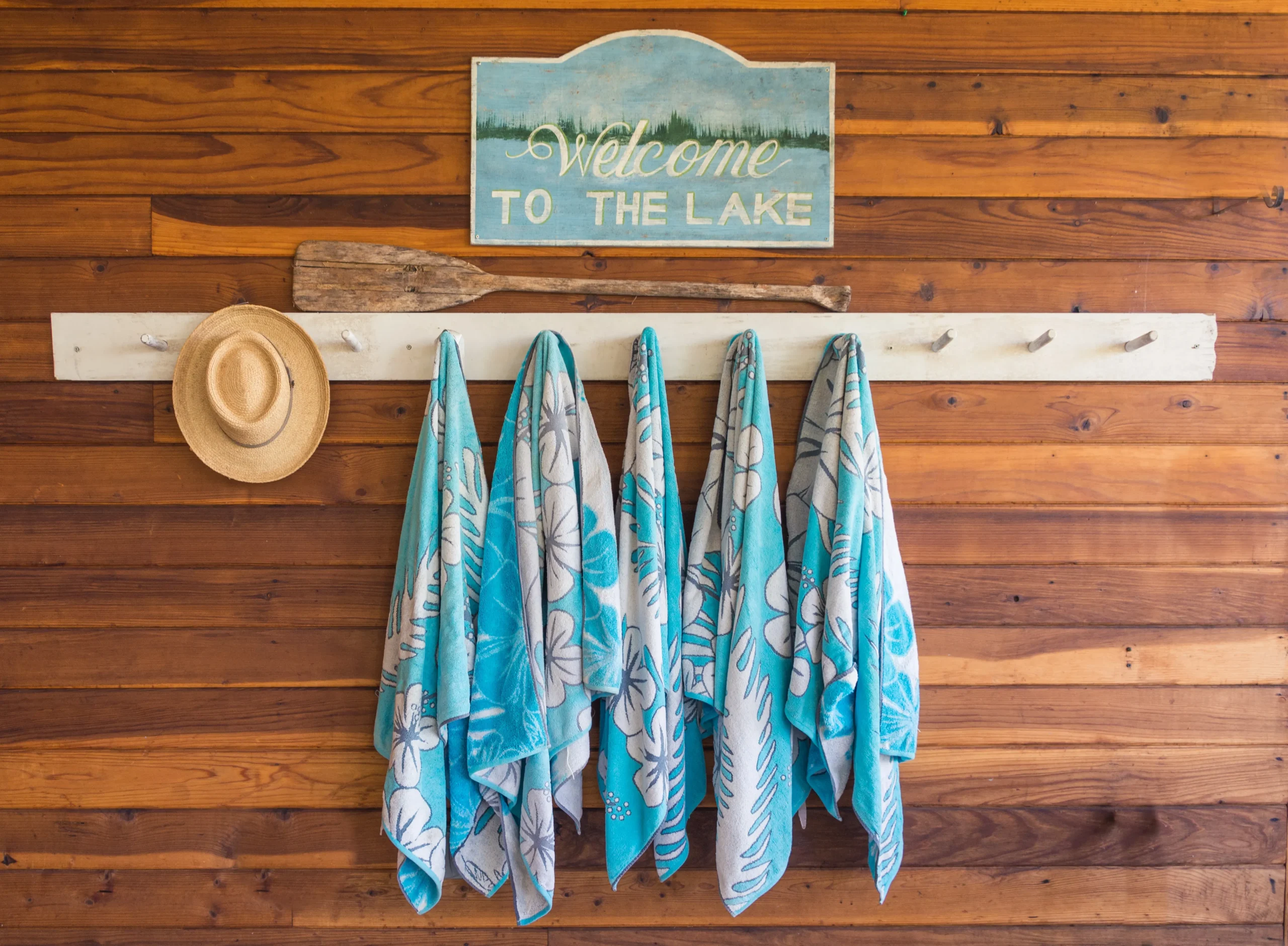
Short-term rentals offer an appealing prospect for Lake Anna homeowners, presenting an avenue for generating extra income, boosting local economic activity, and facilitating the enjoyment of the area by numerous families annually. While this arrangement seems promising, there are potential considerations to weigh.
For local residents, the operation of short-term rental properties could potentially introduce additional vehicular activity on roads that are already facing congestion challenges. Furthermore, there might be concerns about increased noise levels and disruptions within our neighborhoods, along with potential environmental issues such as septic system concerns impacting the local water quality.
In response to these aspects, the Louisa County Board of Supervisors has initiated a process to evaluate proposed regulations regarding short-term rentals. The drafted regulations are under review by the Planning Commission, and any potential adjustments to the county’s regulatory framework would be subject to public hearings before the Planning Commission and the Board of Supervisors. Changes would necessitate majority approval from board members.
For those interested, You can read the draft regulations here
In light of varying perspectives on this matter, it is important for residents to gain a comprehensive understanding of the implications these regulations could have on the community as a whole.
What exactly is a Short-Term Rental (STR)?
The state defines an STR as a dwelling unit that is available for rent or lease on a short-term basis, typically thirty days or fewer. STRs are often promoted and marketed through online services, such as Airbnb and VRBO (Vacation Rental By Owner) to attract visitors who plan to stay for a short period of time. You can read the rest of the super confusing definitions on the state website here: https://law.lis.virginia.gov/vacode/title58.1/chapter35/section58.1-3510.4/
What are the current STR regulations in Virginia?
Currently, STR regulations vary by locality. For example, Virginia Beach has its own regulations about rentals. Until now there haven’t been any specific restrictions in place for Lake Anna.
What are the current STR regulations at Lake Anna?
As Lake Anna is made up of three counties, Louisa, Orange and Spotsylvania, each county has its own right to create an ordinance around STRs. Spotsylvania and Orange Counties already have registries.
In Orange County, if you advertise a place to stay that is for less than 30 days and you get money for it, then you need to sign up with the Commissioner of Revenue. You do not have to pay any fee. But when people stay in your place, you will be required to collect taxes from them.
Is Louisa County the only county proposing new STR regulations?
Not exactly.
Spotsylvania County has also been considering how to regulate its STRs, which are less than 200 as of 2022.
What defines a “Growth Area”?
Defined by Louisa County’s 2040 Comprehensive Plan, a Growth Area is defined as a portion of Louisa County that has greater potential for development. The county has identified multiple growth areas, and Lake Anna is one of them. You can see a map here.
See the complete growth plan here.
Understanding the Short-Term Rental Regulations at Lake Anna
If the ordinance is passed, STR Owners would be required to:
- Register the STR to the county and provide a point of contact
- Give a copy of the noise & solid waste rules to the vacationers
- Inform the vacations that special events are against the rules without a valid “Conditional Use Permit” (We will talk about that later)
- Make sure that there are at least one parking space per bedroom AND a boat trailer
- Keep the septic system in good condition and provide documentation to the county
- Comply with building code and safety regulations
If STR owners don’t follow the rules, they would be required to get a Conditional Use Permit (CUP).
What the heck is a CUP?
A Conditional Use Permit (CUP) is basically permission from the local government to do something in a specific area that may otherwise not be allowed by the zoning regulations. It’s an agreement between the property owner and the local government. The CUP allows for certain activities, such as special events or increased occupancy, to take place at Lake Anna STRs.
STRs operating outside of growth areas would need to obtain a CUP unless they meet certain exceptions. However, if an owner can prove that their property was being used as an STR prior to the implementation of the ordinance, it would be exempt and wouldn’t need a CUP. In some cases where rental property is part of a farm and considered agri-tourism, the county would not be able to regulate the STR using its zoning code.
What STR owners can do now to prepare
Lake Anna is growing, so even if it isn’t this year – some new rules are going to be put into place, most likely by all three counties, in the near future.
So, what can you do now to prepare your STR business for when that day comes?
- Make sure your septic tank is in good working condition
- Have your STR inspected and make sure its in line with the building codes
- Start planning for the expansion of parking. Remember, if you have 2 bedrooms, you need 2 parking spaces if the current ordinance is implemented.
- Make sure your guests are being respectful to your neighbors. We all want to have a peaceful place to live, work and play – and nobody wants to have to call the cops on their neighbors because they are blasting loud music at 1am.
With the influx in STRs at Lake Anna over the last few years, this is your opportunity to get ahead and prepare.

Hi! I’m Jennifer Bailey and I partner with entrepreneurs who have massive ideas that could change the world. Most marketing is meaningless. Filled with empty promises, its only job is to bring in new traffic, new leads, and new customers. But I’ve drawn a line in the sand, and I’ve learned that marketing can do so much more than reach business goals and build profit. My methods give businesses the fire and soul they need to reach the right people, set the groundwork for sustainable relationships, and offer true value to the people on both the giving and receiving ends of marketing.
Subscribe for Updates
Sponsors
latest articles
Amazon Brings Holiday Magic to Families on the Santa Express

Letter from the Editor: My Christmas Story

Wind Chill and Cold Safety
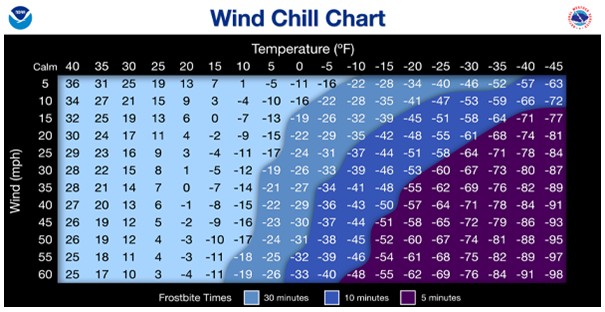
Monthly Gatherings Power the Lake Anna Business Partnership

Student Artists Take Center Stage at Louisa Arts Center

Beaus Perspective: They’re Out There

Short-term rentals offer an appealing prospect for Lake Anna homeowners, presenting an avenue for generating extra income, boosting local economic activity, and facilitating the enjoyment of the area by numerous families annually. While this arrangement seems promising, there are potential considerations to weigh.
For local residents, the operation of short-term rental properties could potentially introduce additional vehicular activity on roads that are already facing congestion challenges. Furthermore, there might be concerns about increased noise levels and disruptions within our neighborhoods, along with potential environmental issues such as septic system concerns impacting the local water quality.
In response to these aspects, the Louisa County Board of Supervisors has initiated a process to evaluate proposed regulations regarding short-term rentals. The drafted regulations are under review by the Planning Commission, and any potential adjustments to the county’s regulatory framework would be subject to public hearings before the Planning Commission and the Board of Supervisors. Changes would necessitate majority approval from board members.
For those interested, You can read the draft regulations here
In light of varying perspectives on this matter, it is important for residents to gain a comprehensive understanding of the implications these regulations could have on the community as a whole.
What exactly is a Short-Term Rental (STR)?
The state defines an STR as a dwelling unit that is available for rent or lease on a short-term basis, typically thirty days or fewer. STRs are often promoted and marketed through online services, such as Airbnb and VRBO (Vacation Rental By Owner) to attract visitors who plan to stay for a short period of time. You can read the rest of the super confusing definitions on the state website here: https://law.lis.virginia.gov/vacode/title58.1/chapter35/section58.1-3510.4/
What are the current STR regulations in Virginia?
Currently, STR regulations vary by locality. For example, Virginia Beach has its own regulations about rentals. Until now there haven’t been any specific restrictions in place for Lake Anna.
What are the current STR regulations at Lake Anna?
As Lake Anna is made up of three counties, Louisa, Orange and Spotsylvania, each county has its own right to create an ordinance around STRs. Spotsylvania and Orange Counties already have registries.
In Orange County, if you advertise a place to stay that is for less than 30 days and you get money for it, then you need to sign up with the Commissioner of Revenue. You do not have to pay any fee. But when people stay in your place, you will be required to collect taxes from them.
Is Louisa County the only county proposing new STR regulations?
Not exactly.
Spotsylvania County has also been considering how to regulate its STRs, which are less than 200 as of 2022.
What defines a “Growth Area”?
Defined by Louisa County’s 2040 Comprehensive Plan, a Growth Area is defined as a portion of Louisa County that has greater potential for development. The county has identified multiple growth areas, and Lake Anna is one of them. You can see a map here.
See the complete growth plan here.
Understanding the Short-Term Rental Regulations at Lake Anna
If the ordinance is passed, STR Owners would be required to:
- Register the STR to the county and provide a point of contact
- Give a copy of the noise & solid waste rules to the vacationers
- Inform the vacations that special events are against the rules without a valid “Conditional Use Permit” (We will talk about that later)
- Make sure that there are at least one parking space per bedroom AND a boat trailer
- Keep the septic system in good condition and provide documentation to the county
- Comply with building code and safety regulations
If STR owners don’t follow the rules, they would be required to get a Conditional Use Permit (CUP).
What the heck is a CUP?
A Conditional Use Permit (CUP) is basically permission from the local government to do something in a specific area that may otherwise not be allowed by the zoning regulations. It’s an agreement between the property owner and the local government. The CUP allows for certain activities, such as special events or increased occupancy, to take place at Lake Anna STRs.
STRs operating outside of growth areas would need to obtain a CUP unless they meet certain exceptions. However, if an owner can prove that their property was being used as an STR prior to the implementation of the ordinance, it would be exempt and wouldn’t need a CUP. In some cases where rental property is part of a farm and considered agri-tourism, the county would not be able to regulate the STR using its zoning code.
What STR owners can do now to prepare
Lake Anna is growing, so even if it isn’t this year – some new rules are going to be put into place, most likely by all three counties, in the near future.
So, what can you do now to prepare your STR business for when that day comes?
- Make sure your septic tank is in good working condition
- Have your STR inspected and make sure its in line with the building codes
- Start planning for the expansion of parking. Remember, if you have 2 bedrooms, you need 2 parking spaces if the current ordinance is implemented.
- Make sure your guests are being respectful to your neighbors. We all want to have a peaceful place to live, work and play – and nobody wants to have to call the cops on their neighbors because they are blasting loud music at 1am.
With the influx in STRs at Lake Anna over the last few years, this is your opportunity to get ahead and prepare.

Hi! I’m Jennifer Bailey and I partner with entrepreneurs who have massive ideas that could change the world. Most marketing is meaningless. Filled with empty promises, its only job is to bring in new traffic, new leads, and new customers. But I’ve drawn a line in the sand, and I’ve learned that marketing can do so much more than reach business goals and build profit. My methods give businesses the fire and soul they need to reach the right people, set the groundwork for sustainable relationships, and offer true value to the people on both the giving and receiving ends of marketing.
Subscribe for Updates
Sponsors
latest articles
Amazon Brings Holiday Magic to Families on the Santa Express

Letter from the Editor: My Christmas Story

Wind Chill and Cold Safety

Monthly Gatherings Power the Lake Anna Business Partnership

Student Artists Take Center Stage at Louisa Arts Center

Beaus Perspective: They’re Out There

Spotsylvania Tourism Growth Outpaces Statewide Averages with 35% Surge Since 2019
Article By Jen Bailey
![Featured image for “[Spotsylvania] New Speed Enforcement in School Zones”](https://lakeanna.online/wp-content/uploads/2025/09/Blog-pic-scaled.jpg)
[Spotsylvania] New Speed Enforcement in School Zones
Article By Jen Bailey
